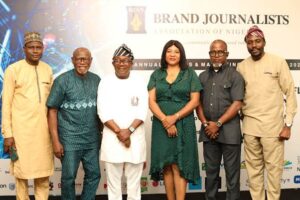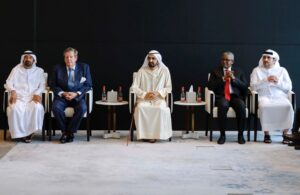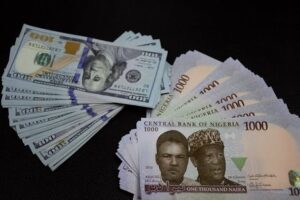
Tinubu
By Tanko Lami
The Coalition of United Political Parties (CUPP), the Peoples Democratic Party (PDP), and the New Nigeria Peoples Party (NNPP) have raised concerns over President Bola Tinubu’s proposed 2025 budget of N47.9 trillion, questioning its viability and capacity to address Nigeria’s economic challenges.
President Tinubu presented the budget to a joint session of the National Assembly on Wednesday, outlining its emphasis on economic recovery and development.
However, opposition parties have criticized the proposal, pointing out several issues. CUPP National Secretary, Peter Ahmeh, accused the government of budget duplication and mismanagement, arguing that previous budgets under the APC administration failed to deliver tangible development.
“Every year, the budget increases, but so does poverty. Resources are being mismanaged, roads are deteriorating, and government expenses are skyrocketing. Without proper reviews and effective implementation, this budget will yield little to no development,” Ahmeh stated.
He further criticized the effectiveness of previous budgets, highlighting unfulfilled promises and the worsening economic hardships faced by Nigerians.
The NNPP National Publicity Secretary, Ladipo Johnson, labeled the budget’s inflation and exchange rate projections as overly optimistic.
“Headline inflation in November 2024 was 34.6%, yet the budget sets a target of 15%. To achieve this, inflation would need to drop by 1.63% per month, which seems unrealistic without clear strategies.
“Food inflation, driven by insecurity in food-producing areas, accounts for half of the headline inflation, and there’s no significant plan for mechanised farming,” Johnson said.
Johnson also raised doubts about the exchange rate projection, which aims to lower the rate from N1,650 to N1,500 per dollar, while expressing concerns over ongoing oil theft that could jeopardize production targets.
Likewise, the PDP Deputy National Youth Leader, Timothy Osadolor, criticized the budget’s heavy reliance on borrowing and accused the administration of neglecting fundamental economic issues.
“This budget is filled with rhetoric and unrealistic projections. The government claims to save money while constantly seeking loans. Corruption within the administration undermines any chance of success,” Osadolor said.
He highlighted the plight of ordinary Nigerians, pointing to surging food prices, a weakening foreign exchange rate, and a stagnant industrial sector.
“A bag of rice now costs more than the minimum wage of most Nigerians. The National Assembly must prioritise strategies to grow the economy instead of relying on endless borrowing,” he said.
The opposition uniformly questioned the budget’s sustainability and its implications for Nigeria’s escalating debt burden.
They urged the government to implement more transparent, pragmatic, and effective policies to combat inflation, improve food security, and address the structural deficiencies in the economy.
For Advert, Event Coverage/Press Conference Invite, Story/Article Publication & Other Media Services
Contact Us On WhatsApp
Send Email To: citizennewsng@gmail.com
Visit Citizen NewsNG To Read More Latest And Interesting News Across Nigeria And The World










